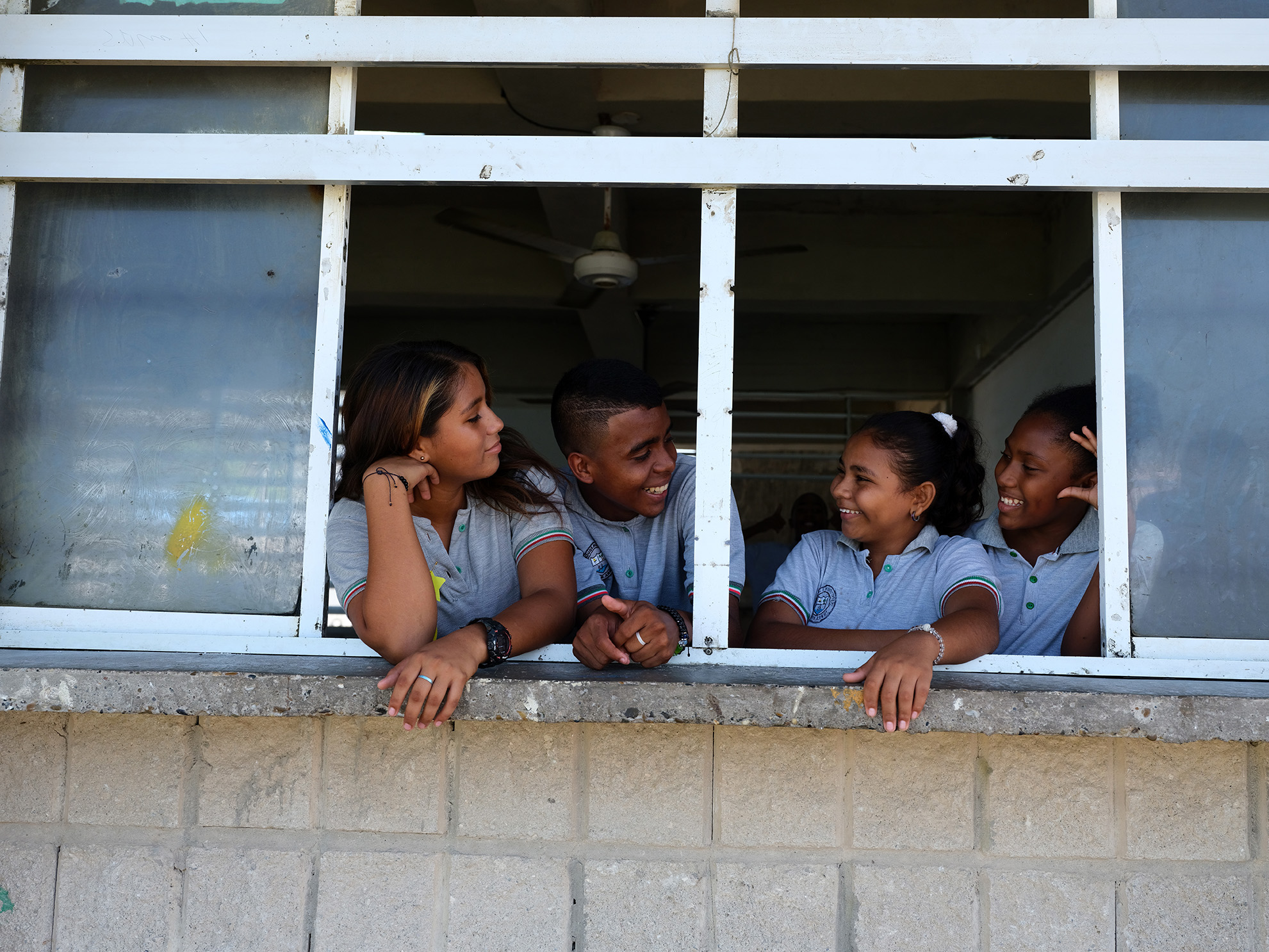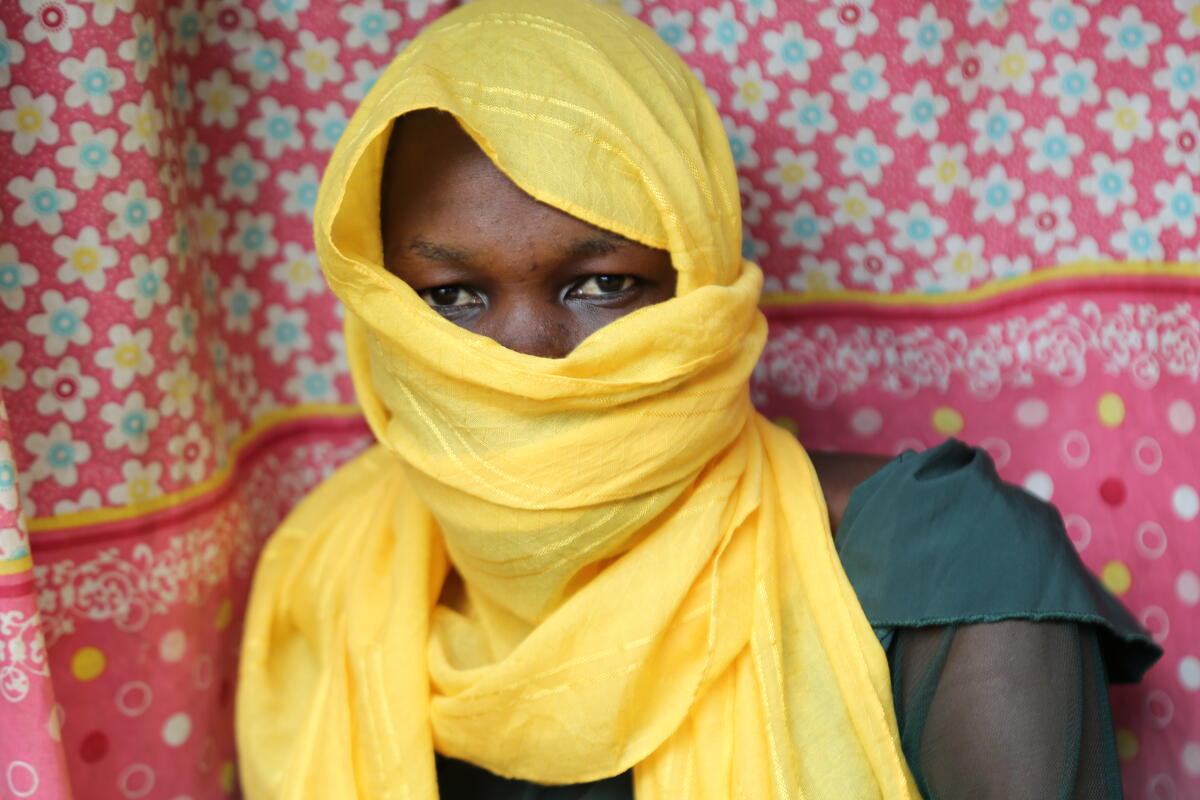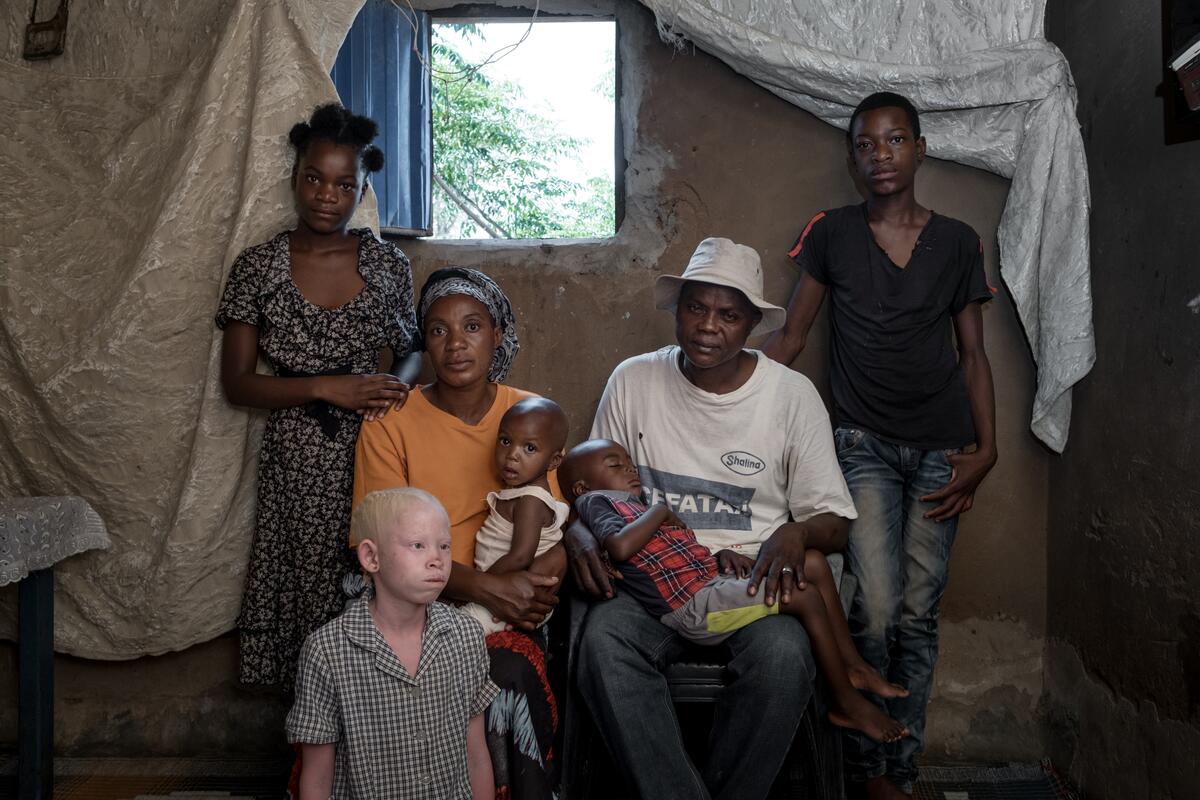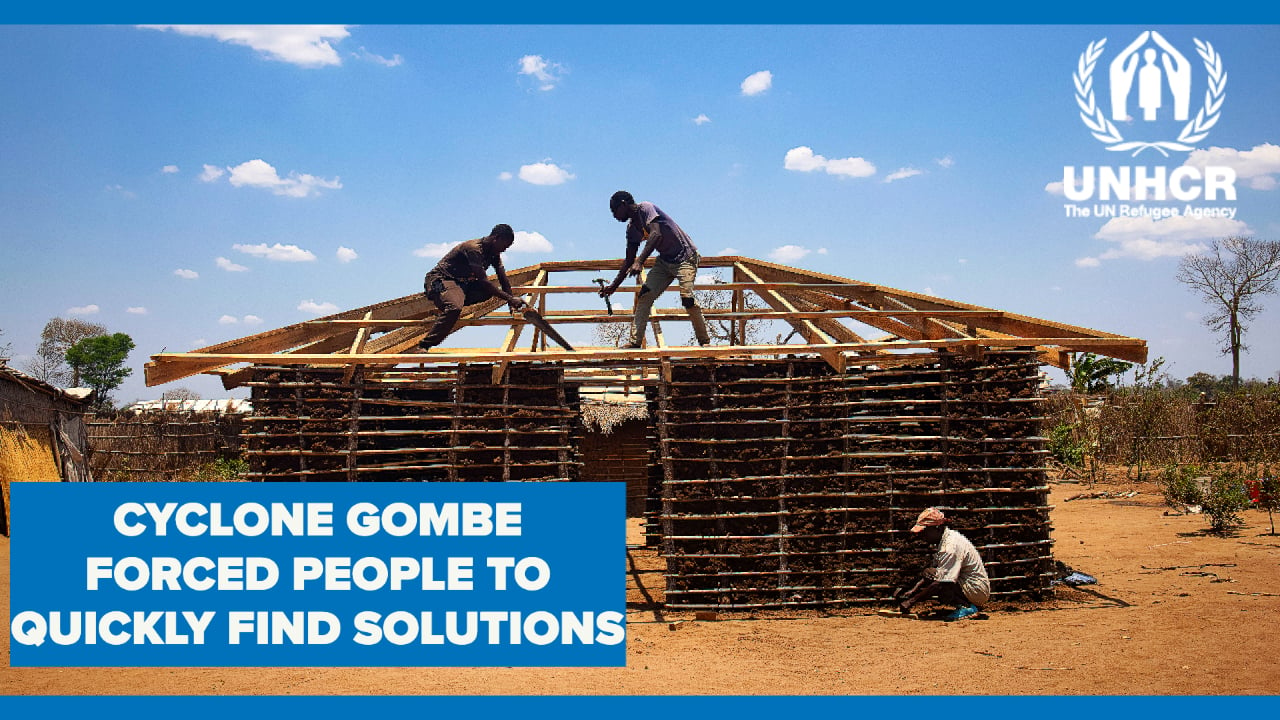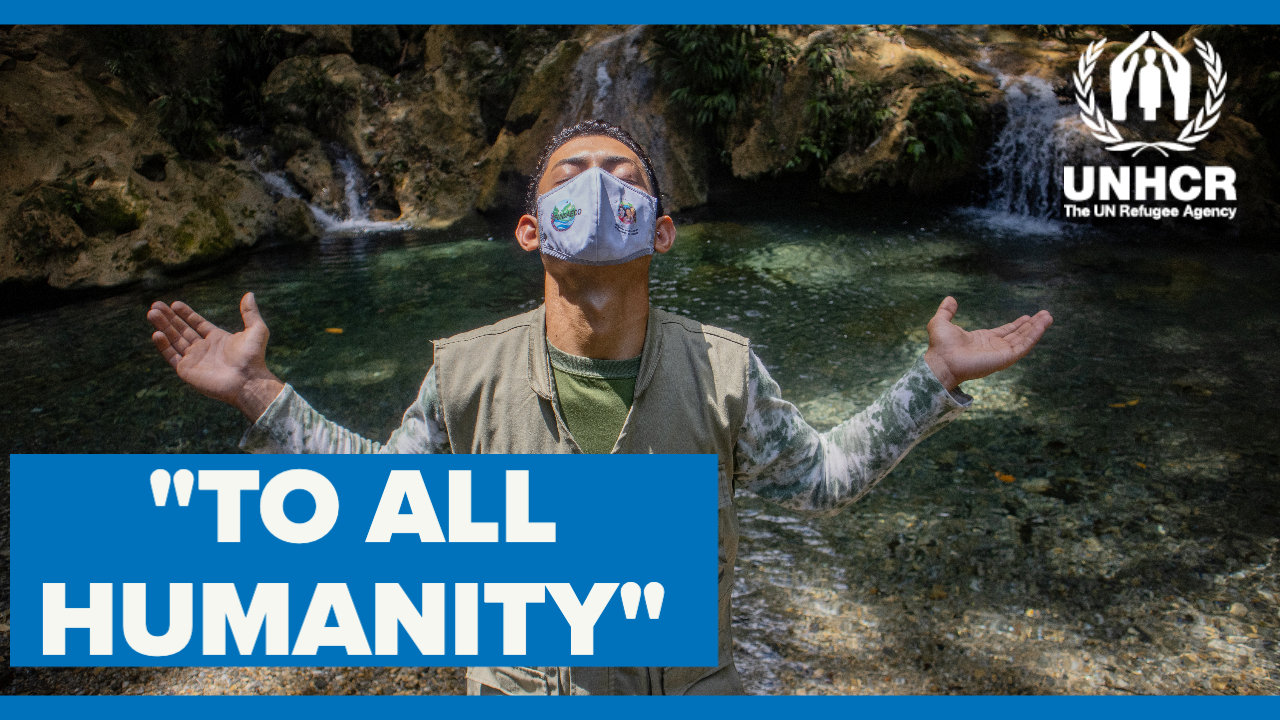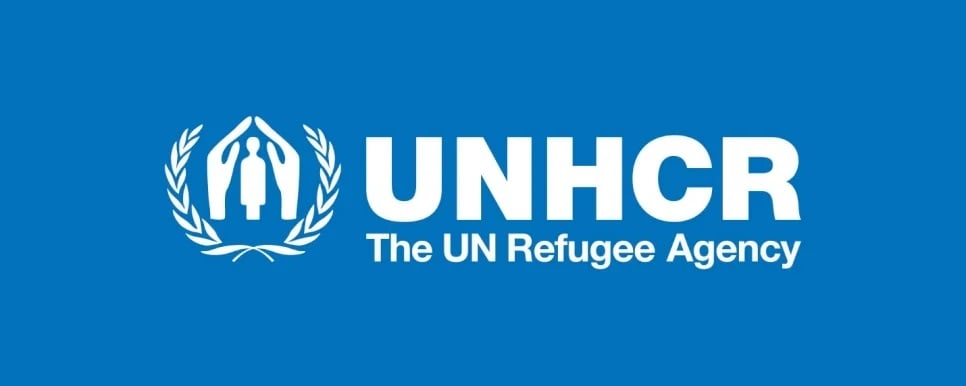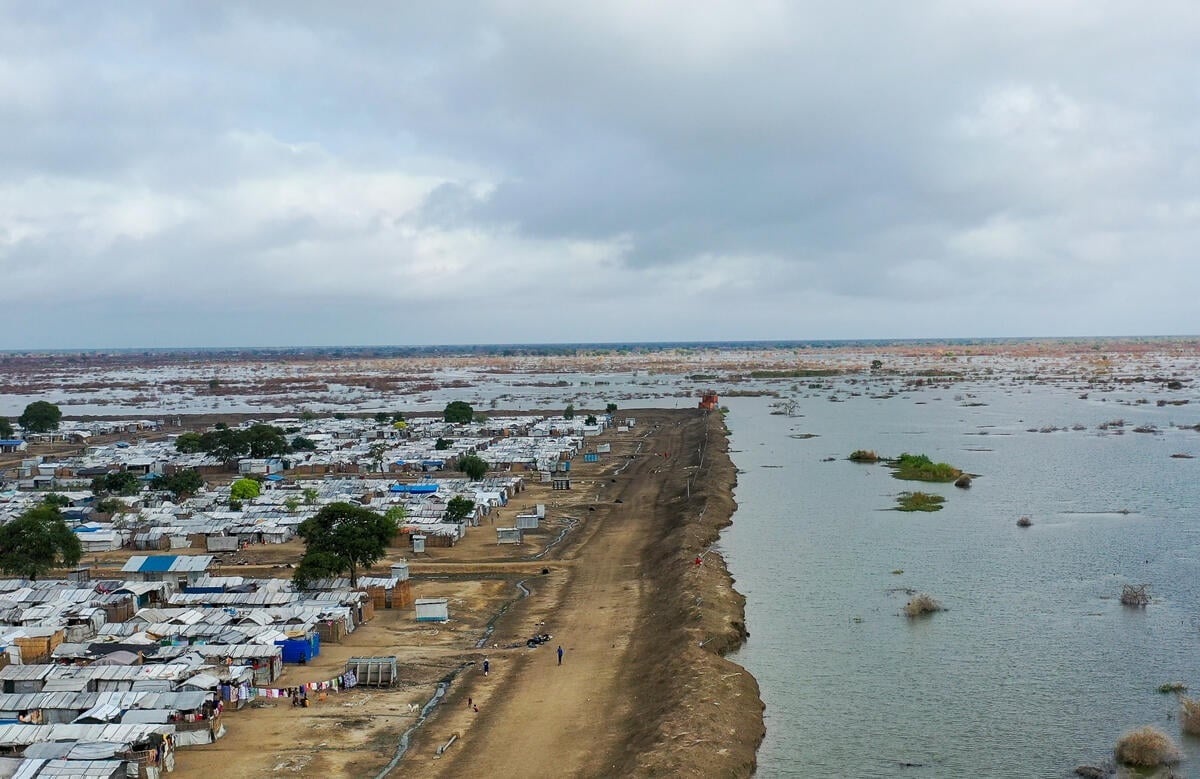A Mother Flees Burundi, but Can't Escape the Déjà Vu

A Mother Flees Burundi, but Can't Escape the Déjà Vu
As political violence escalated in her province in northern Burundi, 38-year-old Mwamini felt an eerie sense of déjà vu. She had been a refugee twice before, as a teenager. Now, to save her young family, she steeled herself to flee the country a third time.
"I was scared, and this is why we fled," says Mwamini, who led her five youngest children to safety in Rwanda in late April, leaving just her 20-year-old son behind. "It's all about political issues. The President was only supposed to be elected twice, but he wants to be elected a third time."
She and her children are among 26,000 Burundian refugees who have crossed into Rwanda since early April. (Another 79,000 have fled to Tanzania and the Democratic Republic of the Congo.) After a few days at the Bugesera reception centre, they were relocated to Mahama refugee camp, where UNHCR and its partners provided them with food, a tent and basic supplies such as sleeping mats and blankets.
Mwamini is grateful for the assistance, but she struggles with the prospect of her children growing up in a refugee camp if peace does not return soon.
Sitting in the doorway of her tent one day after her arrival, Mwamini lets out a sigh before continuing her story. "I know what life is like as a refugee," she tells me. "I was one. I know that my children will not be able to complete their studies, like me."
Mwamini was 16 when the civil war broke out in Burundi in 1993. She fled to Rwanda with her family. "But because of what happened in Rwanda in 1994," she says, "we went back to Burundi, and in 1995 we fled to Tanzania."
She had to drop out of school repeatedly, and her education was cut short. With help from UNHCR, she was finally able to return to Burundi in 1998.
"I know what life is like as a refugee. I was one."
When she looks at Hawa, her 17-year-old daughter, Mwamini feels that history is cruelly repeating itself.
"At home, I would have breakfast and go to school, and back from school I would have lunch," Hawa says, reflecting on how her life has been turned upside down in recent weeks. "Here, getting food is difficult and there is no school. I hoped to get a good job. I was hoping to help my mother by getting a good job and to help with the education of my siblings. Here, it is not possible."
UNHCR will work with Rwandan authorities to help refugee children go to school and continue their education. But during the emergency phase, the priority is to provide urgent assistance to the growing number of Burundian refugees arriving in Rwanda. The focus is on giving refugees a roof, blankets, sleeping mats and kitchen utensils, food, water and medical care.
Mwamini is, by nature, a very positive woman, but she is not optimistic about Burundi's future. The last time she returned from exile, in 1998, she was convinced that peace was back for good. She's not sure she will be able summon that hopefulness again.
"I have a dream, which is to go somewhere far from Burundi, to allow my children to study," she says. "I want to go somewhere far away, because there no one would be telling us about Burundi. I want to go even beyond America. Here, we hear the news on the radio; I am always scared to hear about a friend who has been killed."
"I have a dream which is to go somewhere far from Burundi, to allow my children to study."
Back in Burundi, Mwamini was an entrepreneur who travelled frequently to sell clothes, handbags and shoes in neighbouring countries. As political tensions began to rise at home, she worked out a plan to continue doing business in Rwanda. But luck has not been on her side.
"I organized a lorry with fruits to come to Rwanda, but it disappeared," she explains. "It got lost on the way. It's been a week now. I had already paid for the fruits. I spent all the money I had to buy the fruits and pay for the lorry. Now I don't know whether I will be able to do business here."
No matter what happens, Mwamini vows to remain strong for her children, who have learned to stick together.
"We talk about a lot of things," Hawa says. "Most of the time, we advise each other on how we should be prepared for everything, because the lifestyle here is different from home. We advise each other on how we should help each other and love each other."












